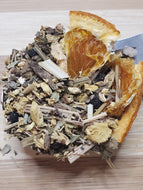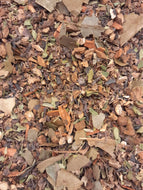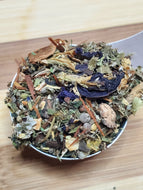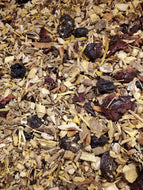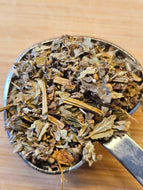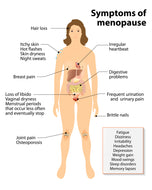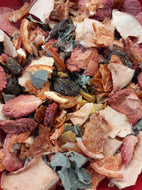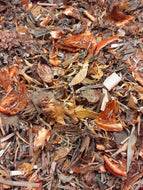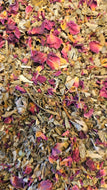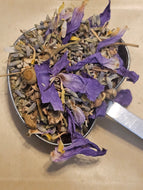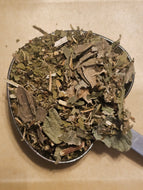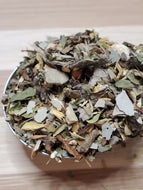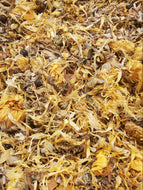What Is Herbal Tea?
Herbal teas have a long history all over the world. Herbal tea is simply an infusion of any edible plant. It is available in huge varieties and can be made using many different ingredients, including tree bark, flowers, leaves, roots, spices, seeds, and fruit. Some argue that herbal tea is not technically a “tea” because it does not come from the Camellia Sinensis, the tea plant.
Traditional Chinese Medicine is famous for using herbal teas to heal countless ailments and afflictions. Herbal tea also has a medicinal history in Sri Lanka, Egypt, and Greece. Many cultures make herbal tea for spiritual benefit and believe it opens up the heart and mind to a spiritual connection.
For the majority of human history, herbal teas have been the beverage of choice. The earliest verbal record of herbal teas dates back to 2737 BC in China. In written history, we can find records of herbal tea that go as far back as the third century AD. These teas spread from China to Egypt to Japan, and then to Europe and beyond.
You may hear herbal tea called a “tisane” in Europe. Some of the most popular herbal teas include mint, chamomile, and Ginger. We love the flexibility of working with herbal teas. We offer over 30 varieties of blends to meet your specific health needs.
All About Herbal And Fruit Tea
The different herbs used in tea have a huge variety of health benefits! Here is a graphic showing some herbs that are commonly used in tea and some of the amazing health benefits they may bring to the drinker.
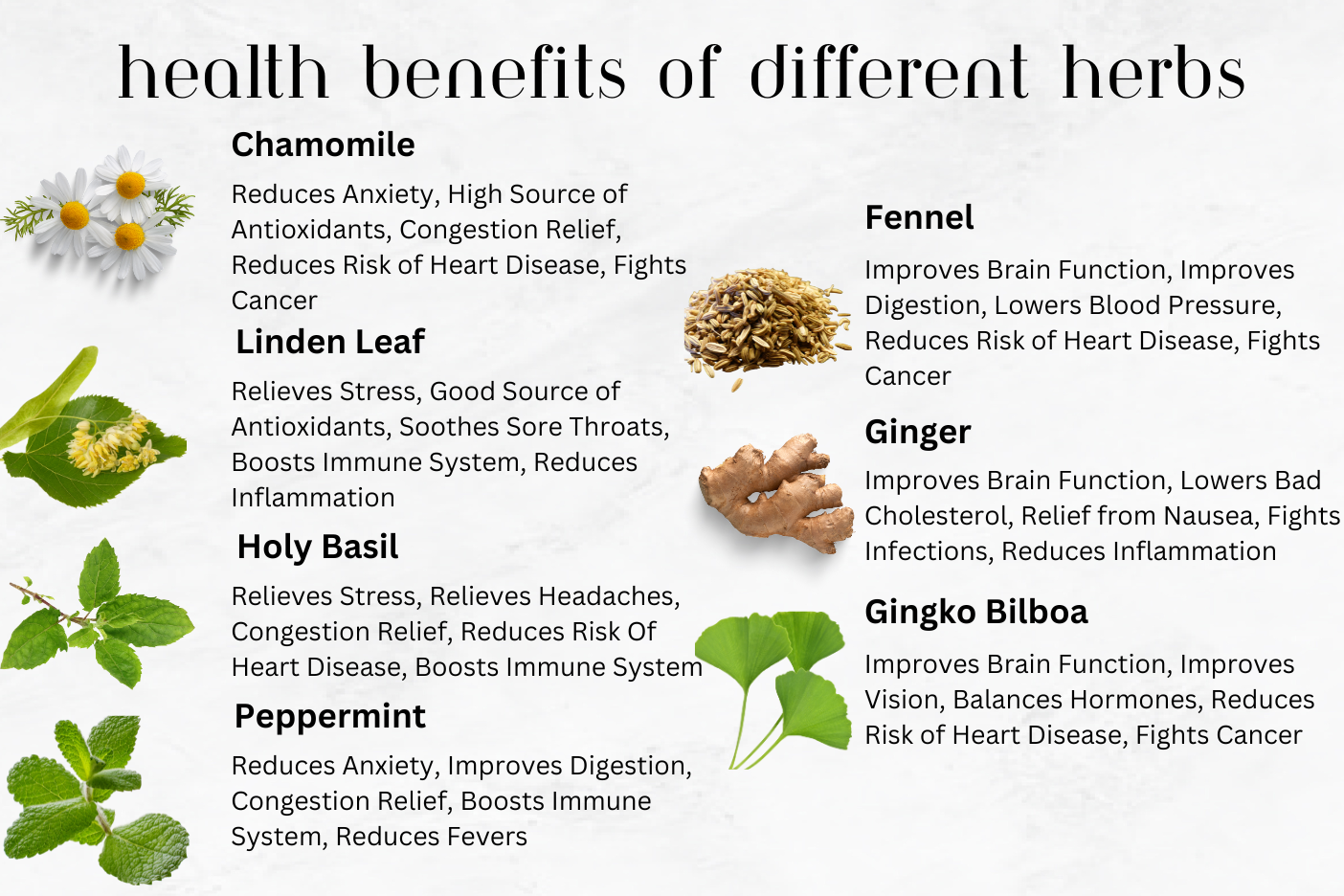
Chamomile
Chamomile Tea has a myriad of health benefits. It is amazing at treating insomnia and when drunk near bedtime will help the drinker have a good night’s sleep. Chamomile can also settle a sore stomach and is generally a good treatment for a cold. If you’re looking to reduce stress and anxiety chamomile might help you relax. Chamomile Tea is also fantastic for your hair, skin, and nails. Drinking Chamomile Tea may also reduce your risk of cancer, as it contains antioxidants that significantly reduce free radicals in the body.
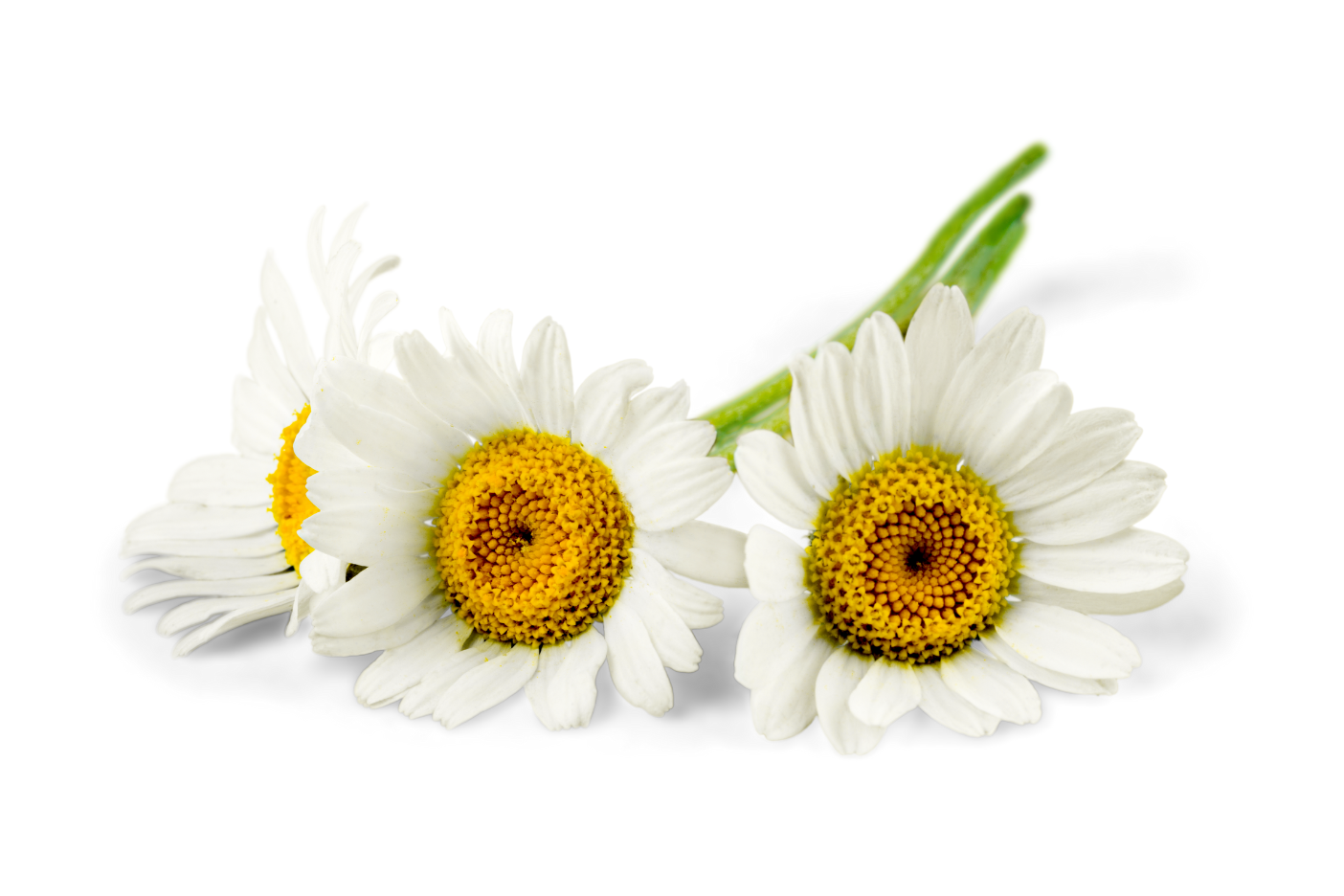
Linden Leaf
Linden Leaf Tea gives the immune system a powerful boost. Like chamomile, Linden Leaf helps calm the body and reduces anxiety and stress. Linden is also known to reduce inflammation, the culprit of many common diseases. Drinking Linden Leaf Tea may also reduce your stress and soothe a sore throat.
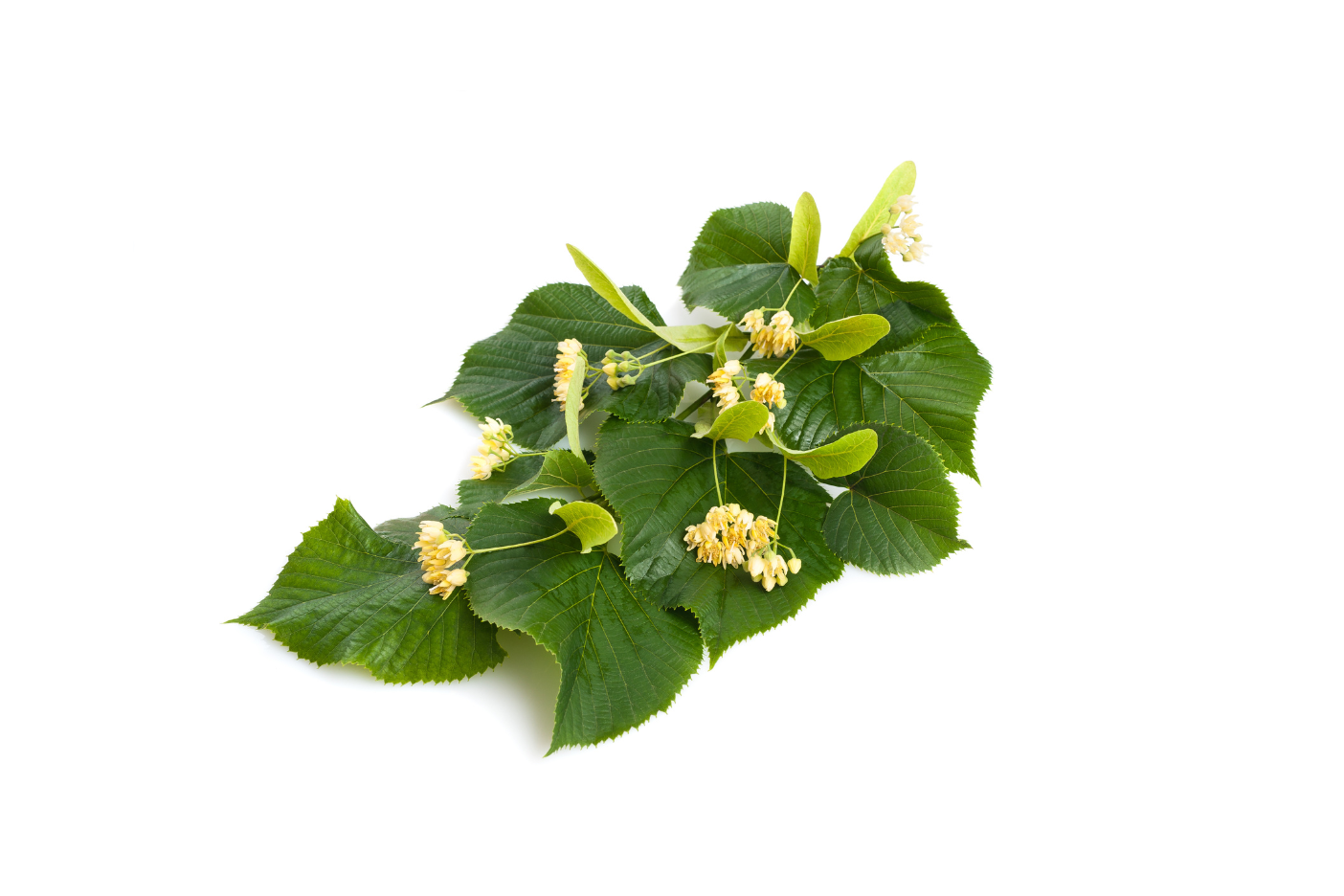
Holy Basil
Holy Basil Tea has a long history of medicinal use, especially in Southeast Asia. Holy Basil has been used to treat everything from bronchitis to malaria. It is also well known for helping to prevent eye diseases and relieve fevers and congestion. Holy Basil can be used to treat an upset stomach and help prevent such symptoms as vomit and diarrhea. Holy Basil Tea can also be used to help treat eczema and improve digestion.
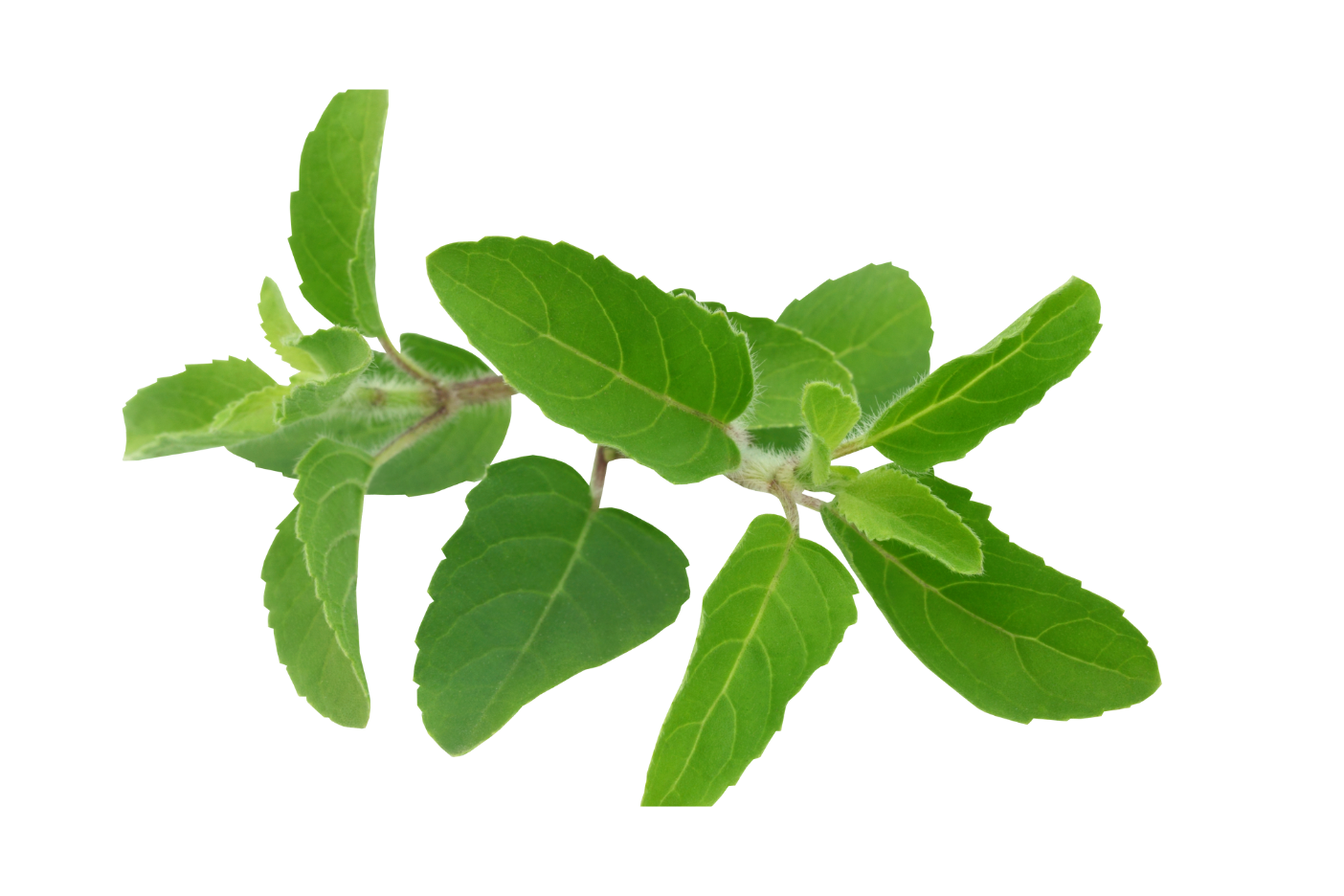
Peppermint
Peppermint Tea is best known as a reliable solution for an upset stomach, and it is even used to treat irritable bowel syndrome (IBS). Peppermint Tea can also treat your headache, as it opens up the brain’s constricted blood vessels, just like ibuprofen. If you are experiencing sinus or congestion trouble, Peppermint Tea can ease your inflamed mucous membrane and provide some relief.
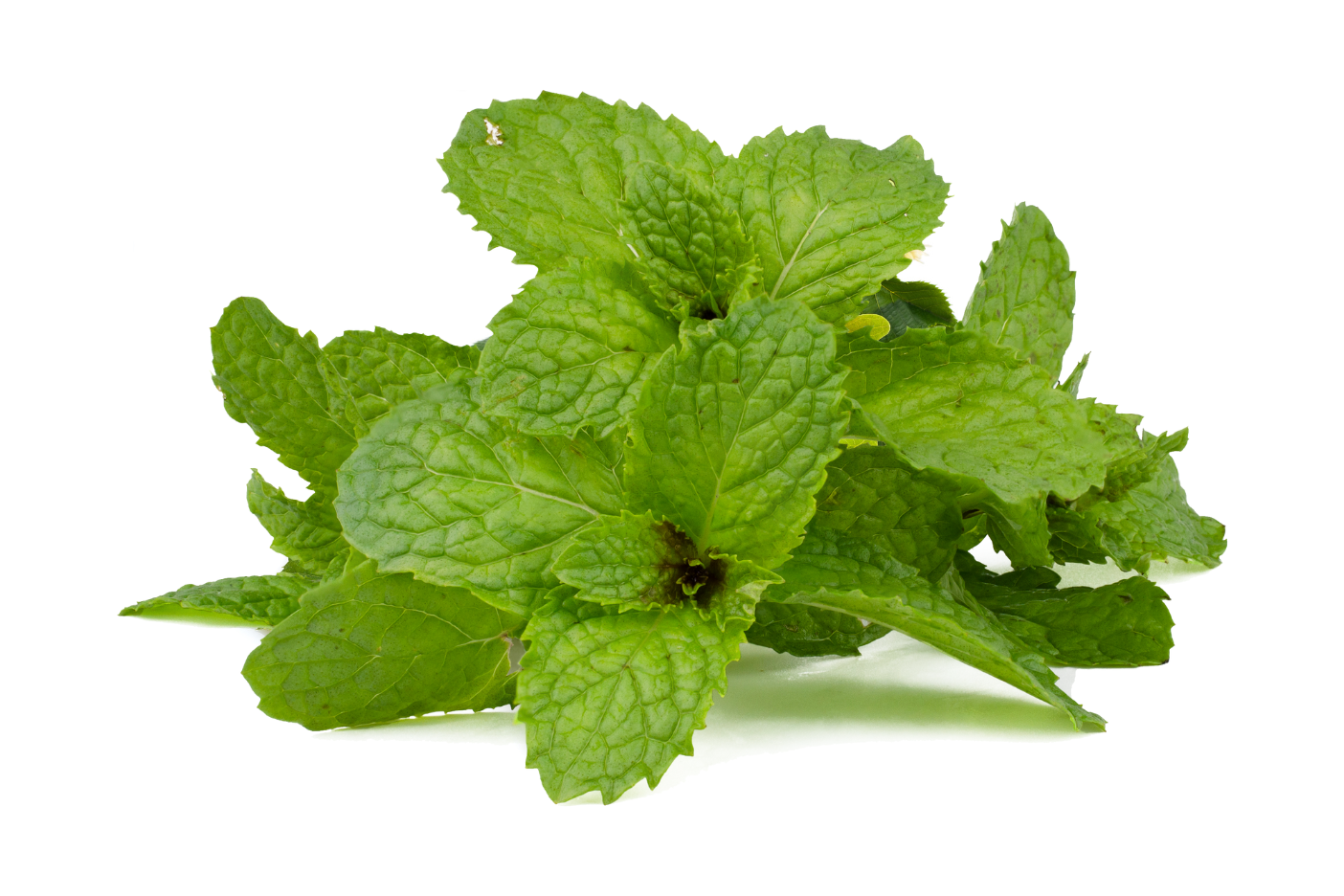
Fennel
Fennel Tea is excellent for healing the digestive system. It has been used to treat IBS, Crohn’s disease, and muscle spasms in some. Fennel Tea can also help increase your appetite and assist with smooth digestion. If you are a nursing mother, Fennel Tea might help stimulate your milk production and ease the lactation process. Fennel Tea is often sought for its ability to improve brain function in some, making it a popular choice for night owls.
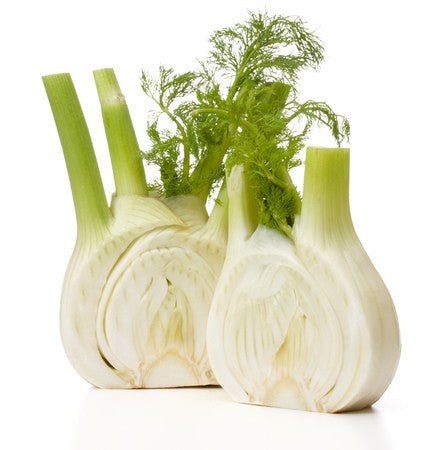
Ginger
Ginger Tea has a long list of health benefits. It can help reduce inflammation in the body, which is the cause of countless ailments including migraines and weight gain. Ginger Tea can also help heal your respiratory system and eliminate some of the congestion associated with the common cold. Ginger Tea is great for your heart and encourages blood circulation in the body as well as lowers bad cholesterol.
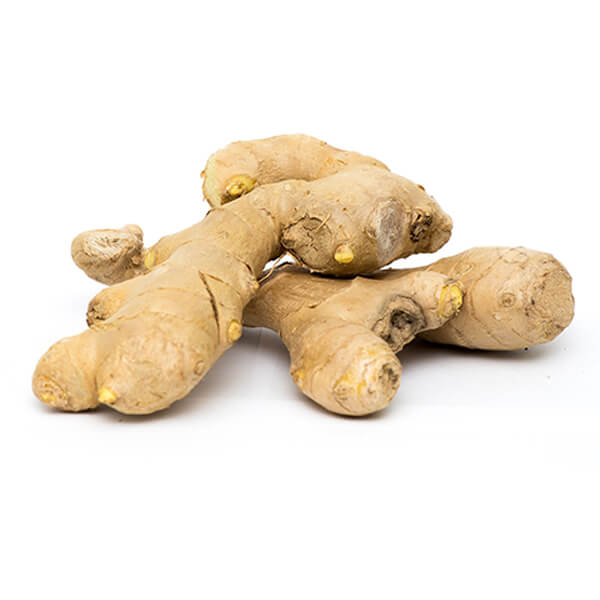
Ginkgo Biloba
Ginkgo Biloba Tea is an ancient remedy for several ailments. Like Ginger Tea, it increases blood circulation and can help you maintain a healthy heart and mind. Ginkgo Biloba can also ease headaches and cramps. Ginkgo Biloba helps you rid your body of harmful toxins and may help people cope with depression and anxiety, acting as a natural and organic mood stabilizer.
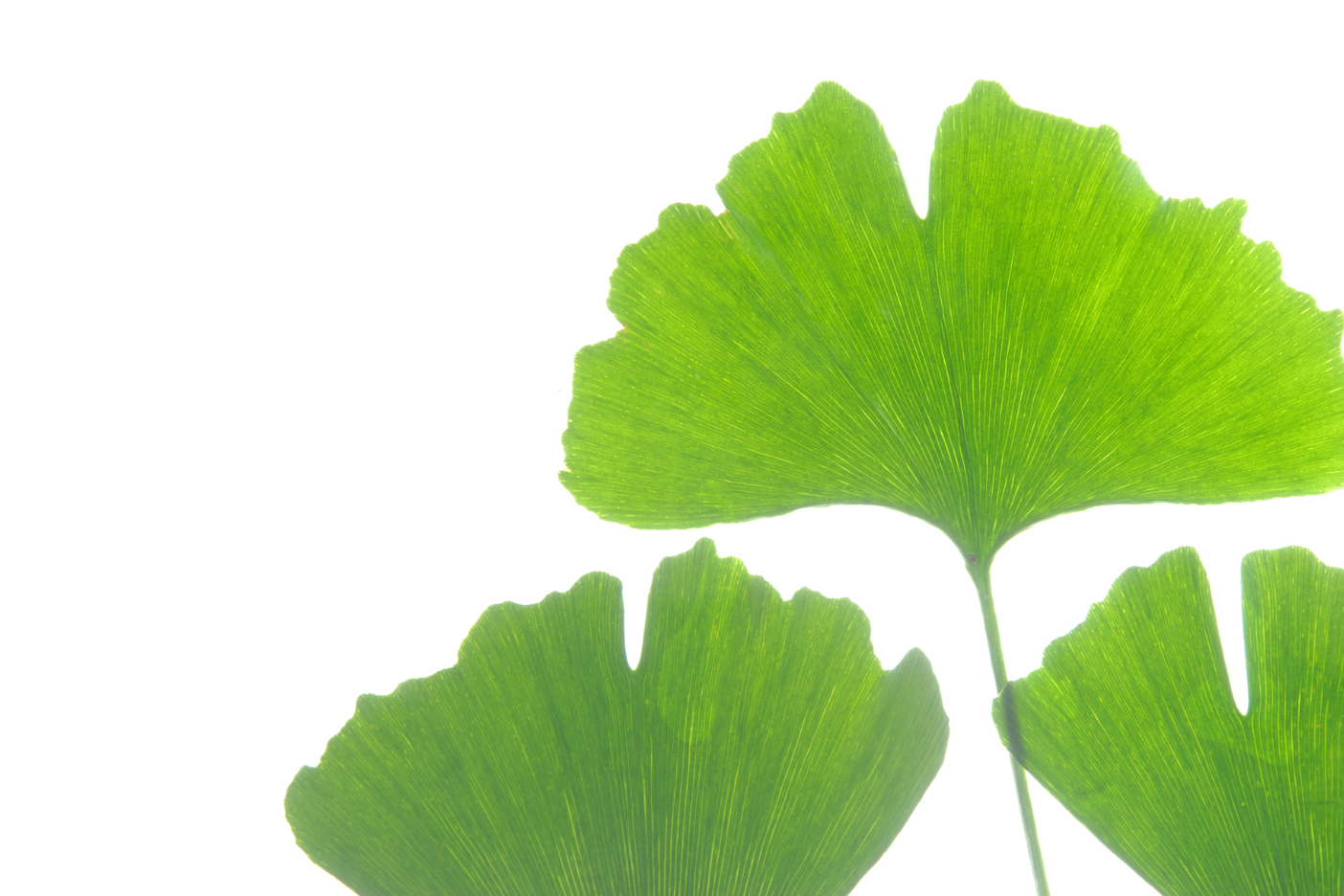
What Does Herbal Tea Taste Like?
There are countless varieties of herbal tea, and each will contain a unique flavor profile. Herbal teas cover a wide spectrum of flavors, and these flavors can vary widely depending on the ingredients used to make the tea. Below are three of the major herbal tea flavor profiles.
Sweet Teas
Sweet herbal teas are typically those made from fruit or berries. Some flower teas may also be quite sweet, although the florals add an aromatic hint to the flavor.
Bitter Teas
Plenty of herbal teas will have quite a bitter flavor profile. The good news is that bitter herbs usually have amazing healing powers, so even if these teas come on a little strong, they are still worth drinking. Some of our bitter herbal teas include our Organic Detox.
How Much Caffeine Is In Herbal Tea?
All of the teas in our Herbal tea collection are caffeine free. You can enjoy our teas any time of the day or night, as they won’t keep you awake into the late hours. If you are looking for a tea with caffeine, you may want to try a tea that has black or green tea listed in the ingredients. Most herbal teas, however, are caffeine-free. One exception to the rule is Yerba Mate. Yerba Mate is an herbal tea from South America that does contain caffeine.
How Do You Make Herbal Tea?
Grab one teaspoon of your favorite herbal tea and place it in drawstring bag or spoon diffuser to Steep the tea in boiling, filtered water for 5-7 minutes. Once the tea has steeped, you can remove the leaves and enjoy your beverage!
Herbal tea is unique in that it will not grow bitter if you steep it for too long. If you’d like to leave your tea in the water longer to achieve a stronger flavor, you can do so without risking a bitter or unpleasant beverage.
Herbal teas are also delicious when served cold. To make an herbal iced tea, you should add the loose-leaf tea to a drawstring tea bag, infuser, or pot with a built-in infuser. Put the tea in cold, filtered water and place it in the refrigerator. Allow the tea to steep for an hour, the longer you allow it to sit, the stronger the flavor. The result will be a sweet and refreshing iced tea!
No matter how you make herbal tea, don’t forget that there are endless flavor options.
Loose Leaf Tea vs. Bagged Tea
Loose leaf tea is significantly different in both flavor and quality compared to bagged teas. In addition to the quality of the tea, loose leaf tea is more environmentally friendly as well, since you can compost loose leaf tea easier, and teabags aren't required.
Keep in mind that there are different grades of bagged tea. These grades include dust, fanning, and broken leaf.
Dust & Fanning
The teabags you buy at the grocery store contain dust and fanning grades of tea. Brands that sell this tea must crush the leaves when packaging into tea bags.
Broken & Loose Leaf
Being higher quality than dust and fanning, broken leaf is still "broken" in order to fit into a more spacious tea bag. Broken leaf tea still suffers from excess waste.
Loose Leaf Tea
Loose leaf tea, also known as whole leaf tea, comes in “bulk” form, such as a bag or tin. Loose leaf tea is better for you, the environment, and your wallet! Plus, it’s tastier!


